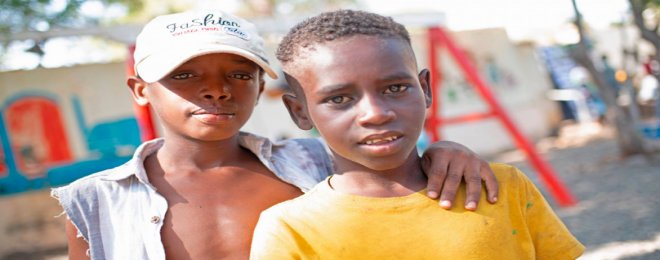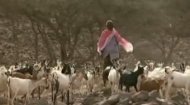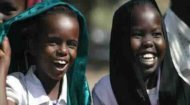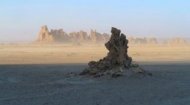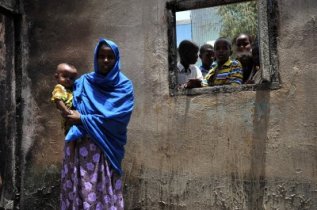
School enrollment in the country is generally good however the overall literacy rate works out to be 64.8 %, with a male literacy rate of 75.3% and just 53.7% for females and lower in the rural areas reflecting a cultural norm where often girls in particular are expected to work to contribute to the family income and are usually subjected to genital mutilation creating other sanitary dangers in addition to the trauma experienced. There are also very few pre-school or infancy learning programs for children inside Djibouti. In 2025, the infant mortality rate (under fives) was about 44 deaths per 1,000 live births with HIV/AIDS, lower respiratory infections, and diarrheal diseases being the main causes of premature death and this infant mortality is increased by the local custom of feeding. It is estimated that nearly 70% of children are deprived of at least one basic right - including the right to water and sanitation, information, nutrition, education and health. Although having a coastal location, Djibouti does not have a permanent source of surface water such as rivers or fresh water lakes so relies on deepwater wells replenished by rainwater (when it falls) and, according to UNICEF in rural Djibouti, nearly 65% of the population does not have access to safe drinking water in a country with an annual average temperature of 32.2C. Again, while 70.4% of urban inhabitants have access to sanitation facilities, only 20% of the rural population has access to latrines, the rest practising open defecation with all of its associated health risks.
Djibouti is a predominately Muslim country (94%), with a Christian population of 6% and today has a mainly Somali population of 60% with Afars representing a further 35% with the rest of the population being mainly French, Arabic, Ethiopian and Italian. Those living in rural areas are mostly engaged in food production; mainly vegetables, fruits and palms with all of its rice, wheat flour and sugar being imported, not least because only 0.08628% of its land is arable in 2018 according to the World Bank. Others are engaged in fishing, salt, construction and mining while industries include shipping and refuelling for transport entering the Red Sea. |

